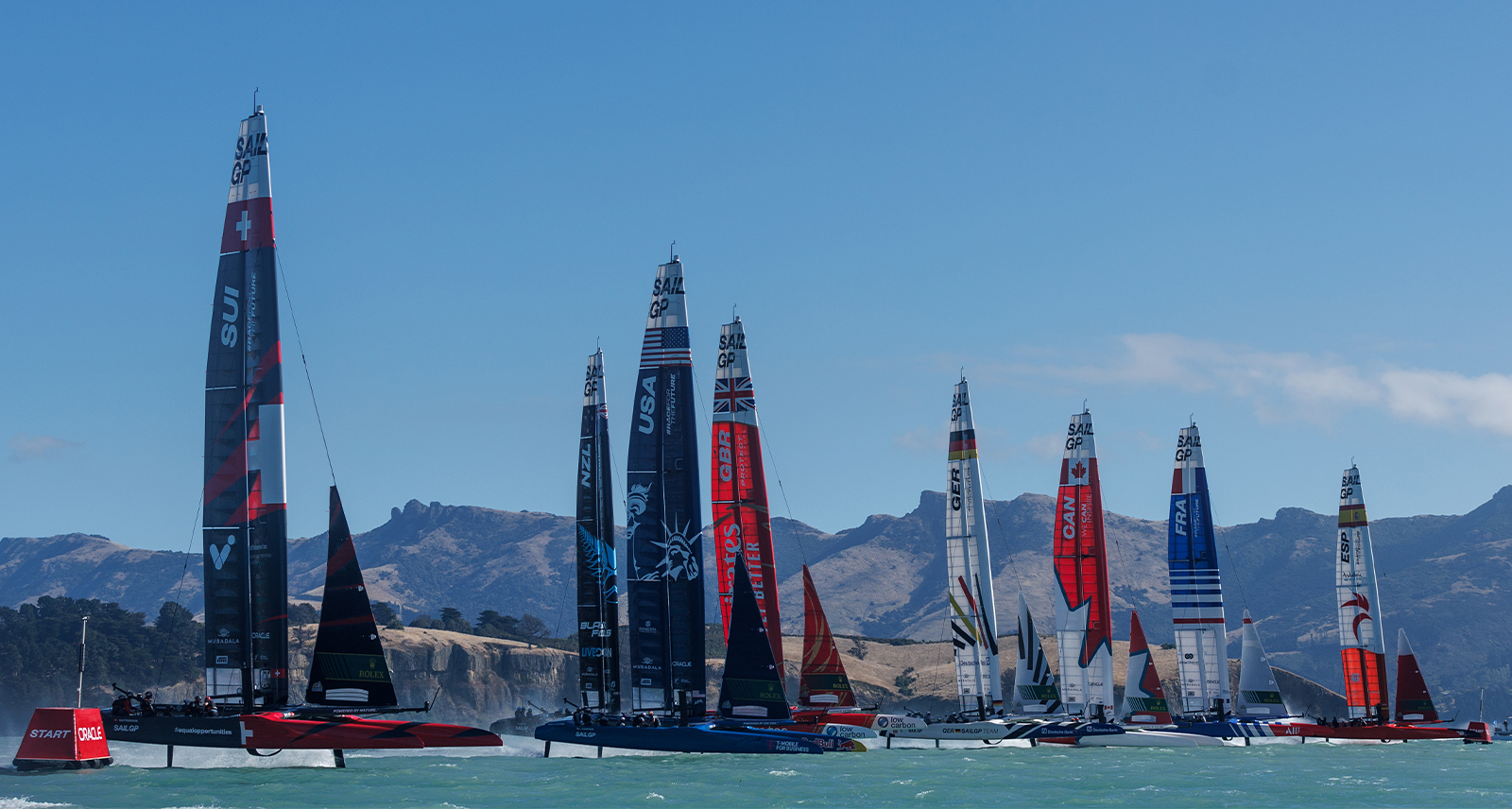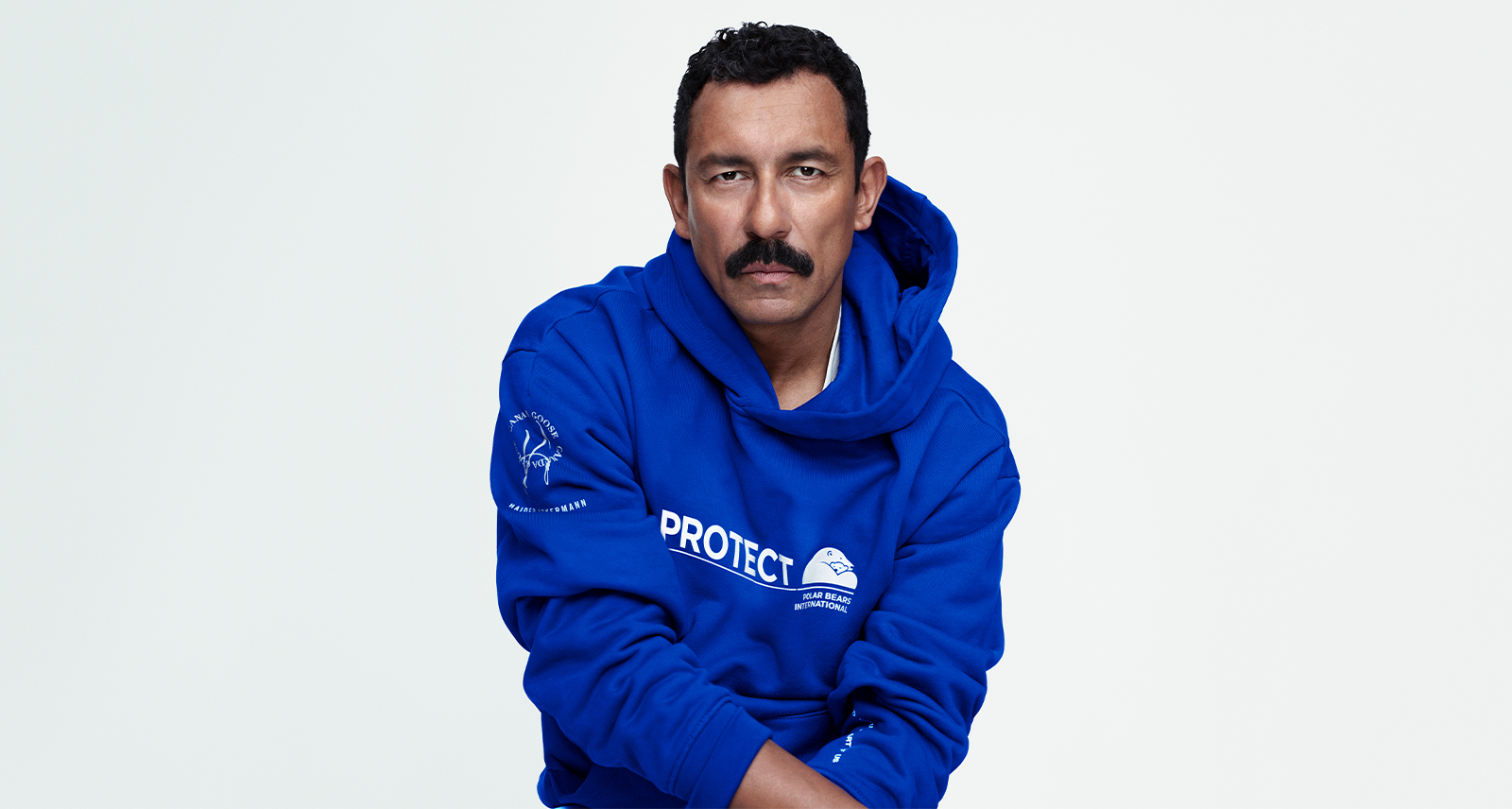David Baazov and the Future of Online Poker
This is not the end of the story, of course. The online gaming industry is fraught with legal, moral and financial hurdles to overcome, many of which Amaya is just now facing.
“Generally, online gambling is seen as a somewhat sleazy business,” says June Cotte, Scott & Melissa Beattie Professor in Marketing at Ivey Business School. “It makes gambling access available every moment of every day, in any jurisdiction it operates in.”
Baazov argues that there’s “a stubborn old idea that the gambling industry has a bad reputation, but we don’t see it [reflected] in the statistics — we don’t see it in people’s day to day actions and we don’t see it in government legislation.” He sees gambling as a form of entertainment, like any other: “People go to the movies, concerts, watch TV and people go to casinos to be entertained in the same way.”
But image isn’t the only problem. The issue of regulation looms large too, particularly in the US, as GOP presidential hopeful Marco Rubio makes a congressional, anti-online gaming push (championed by none other than casino kingpin — and Republican donor — Sheldon Adelson, who’s keen to defend his territory). This bill takes the moral argument out of business circles and into the mainstream. It harms the poor, Rubio et al. say, and encourages gambling addictions.
People go to the movies, concerts, watch TV and people go to casinos to be entertained in the same way.
Baazov is, not surprisingly, undeterred. Rubio and his allies can hardly claim to be the moral police, he says. And of course he’s happy for each market to decide for itself how it wants to handle online gaming.
As it turns out, the largest, most pressing issue is at here at home. According to a Globe and Mail report, Baazov is now the subject of “the largest insider trading investigation in Canadian history” by Quebec’s securities regulator, the Autorité des marches financiers (AMF), in conjunction with the RCMP, American and British regulators and the Ontario Securities Commission. According to the Globe, the central question is “why so many investors bet on a minnow-sized online gambling company months before news broke about its improbable $4.9-billion (U.S.) takeover last summer of online betting whale PokerStars.” The newspaper notes that authorities have not made any allegations of wrongdoing to date.










